
It’s been over six months since the Movement Control Order (MCO) and it's variants were introduced by the government to combat the spread of Covid-19. Schools around the country have mostly returned to normal with some added new norms.
In city centres like KL, children have to queue up to get their temperature taken before entering school premises, with face masks and social/physical distancing part of the routine now.
For nearly four months, online teaching and learning methods were used to replace face-to-face interactions, and that eventually came to an end.
However, there were massive constraints for students who had poor or no internet access, especially those who live in rural areas like Orang Asli (OA) settlements.
Indeed, the situation received national attention through the case of Universiti Malaysia Sabah student Veveonah Mosibin of Kampung Sapatalang in Pitas, Sabah. She made headlines after filming a video of herself climbing a tree to gain better internet access to sit for an online examination.
Increased connectivity a must
For the OA, this is something they have dealt with for many decades.
When Malaysiakini visited the Mah Meri community in Kampung OA Pulau Indah, Port Klang in April, we spoke to a teenager who was hampered by slow internet speed in her village. This limited her ability to download revision exercises that her teacher shared in the class' WhatsApp group.
Prof Bahari Belaton is a Semai who was recently appointed as the dean of Universiti Sains Malaysia’s School of Computer Sciences. He has gone back to his village of Kampung OA Tangkai Cermin in Tanjung Tualang, Perak several times since the MCO was relaxed.
As one who battled the challenges of remote access to education materials, he is keen for more to be done to help the children in this area.
"Stable internet access is a problem. We have several mobile services covering pockets of areas in my village. Unfortunately, the mobile data service coverage is not stable especially for contents like video streaming. For voice communication it is okay," he told Malaysiakini.
"Device ownership is also a factor. In 2018, as part of fieldwork, we carried out a simple study to gather data related to the IT-readiness of the community.
"In general, almost every household owns a handphone which is suitable for simple applications like web browsing, social media apps, etc.
"Unfortunately, ownership of such devices is restricted to parents or adults and hence school-going children would have to share the usage of IT-enabled devices for their teaching and learning," he said.
Bahari said that apart from these technological challenges, several other aspects play a part in adapting to post-pandemic remote learning.
Among them are: the readiness to accept remote learning, an environment that is conducive for learning, as well as getting support and awareness from parents and community leaders.
"There are many other issues which I believe are common challenges that the nation and the entire world are facing," he said.
He called on the communities themselves to get involved, including local cooperatives, parent-teacher associations, local activists, and the Jawatankuasa Kemajuan dan Keselamatan Kampung Orang Asli (JKKKOA), which is the Orang Asli Village Development and Security Taskforce.
"In the case of my village, the JKKKOA could arrange for special slots in the nearby Pusat Internet 1Malaysia (1Malaysia cybercafe about 2km from the village) for, say, SPM-takers.
"They could also (physically) collect teaching materials and arrange sessions at the community centre for OA students to study. The community has done this in the past," he said.
He said the OA communities practice a communal way of living and this practice of group learning is still very alive in his village.
Bahari added that although many in the community were aware of the importance of education, parents stopped short at just sending their children to school. Remote learning has not been well-adopted yet.
"It is only at a stage to send their children to school. So leaving education to individual OA parents is not likely to work," he said.
Good teachers make dreams happen
According Ita Bah Nan, the challenge is to keep the dreams happening for her students despite adverse circumstances.
Ita is a coordinator and teacher at Sekolah Deek Penaney, a school near Bidor, Perak.
"After MCO, the update from schools and teachers is that the attendance of students in primary and secondary schools has fallen due to the declining interest of students and the need for masks because there are parents who cannot afford to supply disposable masks.
"There are supposed to be free masks elsewhere, I suppose, but here one box of face masks costs RM16 to RM19 and many parents can't afford to buy a face mask so they don’t send the kids to school," she told Malaysiakini.
She also cited the common problems that people who lived in the interiors faced: electricity supply, internet access, and device ownership.
Even when there were phones, she said there may be only one device for an entire family. Additionally, having to top-up mobile credits was also another barrier for children to learn, especially when schools were closed for several months.
"Zoom and Whatsapp are everyday tools but aren’t so simple in remote areas.
"Many parents are supportive of education but cannot read or write themselves, so how can they guide their children? Under these circumstances, the children may return to non-educational routines and activities in the villages," said Ita, who comes from a family of six girls.
"Because in my family all were girls and in our tradition, women are not something to be proud of, so the only thing that can help is education," she said.
Ita, who has been working with NGO Malaysian Care for seven years, focuses on helping parents, youth groups, as well as school-going children in the community.
She pins her motivation over the years on wanting to see OA children being successful in the future as well as to see her community become developed, like any other group.
"If not ourselves, who else will do it? It is my responsibility to return to serve and help my own community when I have experience from outside.
"We are far behind not only in terms of education but also in terms of development and infrastructure in many aboriginal villages," she said.
What's more, she said, OA children are curious and hungry to learn - no different from any other group of children. Her class sees students who are excited to learn subjects such as English, BM, Mathematics, and others.
However, she said teachers must be creative in engaging the children. For example, reading or doing an activity together will boost their confidence and cultivate a stronger interest in learning.
"Singing, telling old stories about traditions, and alternative learning are subjects our students are interest in. Because the concept of extracurricular learning is also related to their lives," she said.
"The children like to communicate in their mother tongue, in addition to studying herbs and handicrafts," she said, adding that patience and love are key ingredients for any teacher to have.
Special syllabus for OA children
Ita is a strong proponent of mother tongue education and a special syllabus for OA children.
She explained that a syllabus suitable for OA children is needed because the existing syllabus at current schools is too difficult. If an OA child does not meet the basic levels of reading, counting, and writing - they will struggle and be left behind.
"In addition, in the school syllabus, there is no element of strengthening identity as OA. There is no element of OA history highlighted or OA culture and tradition.
"OA children would then learn and duplicate from other races to form their identity, instead of building on their own," she said.
She said the children's confidence needs to be built and their abilities nurtured. The widespread belief that OA children are lazy also creates an additional challenge that they have to overcome.
And despite the challenges of the MCO, she said teachers had shown a remarkable commitment to educating their young charges.
"Distance is a real problem and during the peak of MCO there was not much movement. I worked from home, contacted students by phone, messaged and video-called to get updates from the teachers in other villages.
"Some teachers held classes in their own homes, with the number of students limited to avoid close contact," Ita shared.
Once the recovery MCO kicked in and movement became freer, she started entering the villages again in June.
She visited teachers and asked children how they felt about not going to school for a long time.
It turned out, some of them missed their teachers and friends, some shared a feeling of laziness to return to school, and some did not want to go to school as many parents were still hesitant and afraid to send their children due to Covid-19.
"During the MCO period, many villagers did not go to town to buy necessities or visit places such as hospitals, because many people were afraid. They would go into the forest for agricultural activities for food and even for their medicines they would use herbs obtained in the forest," Ita said.
Remote areas with electricity
During the recent Slim by-election in Perak, Malaysiakini highlighted the case of the OA village of Kampung Sungai Teras. The village chief (or Tok Batin) Kuloh Bah Rinteh told us that they went without electricity for decades.
Perhaps due in part to the by-election, their homes finally received electricity supply on Aug 22.
This is far from an isolated case. Ita’s teacher friends Elia and Suri live two hours away from her in Kampung Tibang and it’s a place where the most basic amenities are rare.
Elia and Suri are natives of the village and have a desire to see the children there go to school, mix with other races, get a good education, and get steady jobs.
They never gave up on the idea of teaching the children in their village, even though they never finished their own schooling during their childhood due to logistical challenges.
"The MCO has been difficult because many children do not go to school and their daily routine focused on their parents’ agricultural efforts... in addition to the usual routine of playing," said Elia.
"Among the special steps that we took was to have classes at our own homes three times a week. We did not take all students due to limited space and insufficient learning materials. A maximum of 10 students," she added.
Suri said that keeping the secondary school students interested was a bigger challenge as the learning materials were more difficult and they did not understand the school work given.
Many primary school students also moved up to secondary school despite still being weak in basic education. Thus, she said they decided to give more attention to primary school students while not teaching secondary-level subjects.
"Our focus is on kindergarten and primary school only. The favorite subject of many students is art where they can show their talents of coloring and drawing. Another thing our students love is singing," she added.
Elia too echoed Ita’s call for a specially-tailored syllabus, saying that the speed of learning and needs of students were different.
"There are students who are six years old but the foundation is still weak - they don’t know ABC’s, cannot read yet, and can hold a pencil but cannot write," she said.
Fortunately, the Kampung Tibang community school has received sponsored face masks courtesy of an NGO.
Theories of education
A year ago, Samuel Isaiah’s success in turning around the academic performance of his OA students bagged him an award. The teacher at SK Runchang, in Muadzam Shah, Pahang was the recipient of the Education Ministry's Superhero Teachers Award.
He also ended his eight-year stint at the school to pursue a Masters in Educational Policy and Leadership at the State University of New York at Albany as a Fulbright scholar.
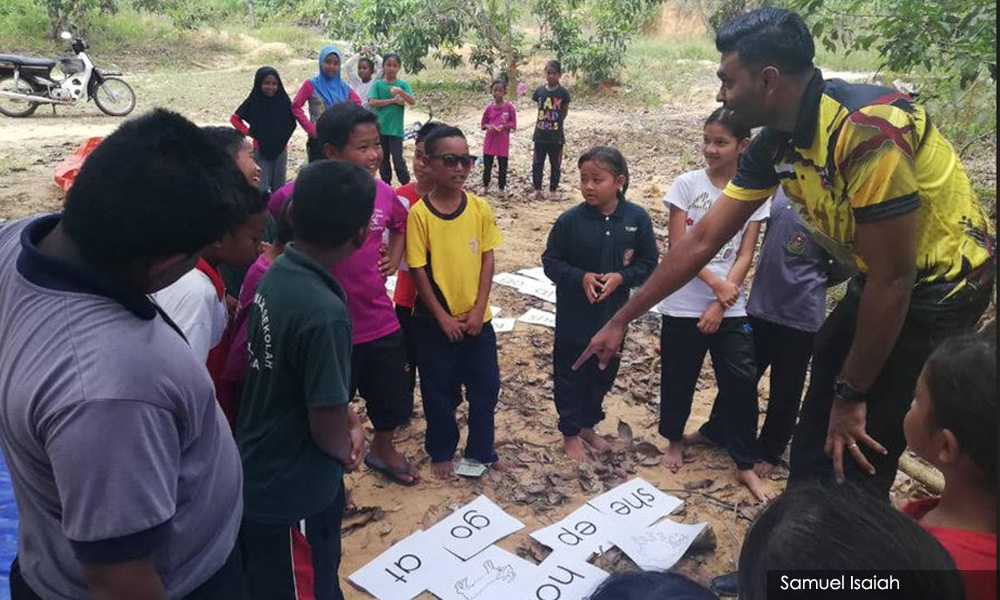
The Kuantan native, however, has come back to Malaysia due to the Covid-19 situation and shared his thoughts on the need for a thorough revision of how OA education is approached.
"In the case of Orang Asli education in Malaysia, there is a reluctance to collaborate, to share expertise and data, to involve and engage the community as the most important stakeholder, and put differences aside.
"Therefore, policymakers, schools, and systems need to make achieving compromise an aim, whilst they actually (seem to) prefer to work in silos," he said.
Samuel believes that the more complex a problem, the more important it is to follow an organic process, as opposed to an orderly flow, in order to bridge polarities.
He said that, too often, a "top-down", "we know what is best for your community" attitude is prevalent, instead of an organic and inclusive process.
"This not only forsakes the voice of the OA but also jeopardises sustainability and eradicates a sense of belonging," he said.
He also called for an emphasis on evidence-based and data-based decision-making.
When all stakeholders come together to improve OA education, he said, the first thing to be done is to understand the problem together. This is crucial because the real issues are often evolving and growing.
"This is contrary to the common practice of portraying an all-knowing facade and expecting swift results," he said.
A battle against the odds
OA education is ultimately a battle that cannot be conceded despite its many challenges.
"Giving up is not a choice for us," said an activist from Kampung Lambok in Gua Musang, Kelantan who declined to be named.
"We have our children and education is an absolute must for their future.
"So we will make do, whether others can help us or not. Personally, I don’t think anything as changed much in my area."
The activist did say that there was a sense of optimism last year following the election of the first Orang Asli MP Ramli Mohd Nor to the Cameron Highlands seat in Parliament, as well as the hosting of the National Orang Asli Conference under the then Pakatan Harapan federal government.
But that optimism has faded.
"We raised a lot of issues, such as customary land rights and the pressure on OA to convert religions. We pushed for inquiries into the deaths of the Bateq villagers in Kuala Koh and took the Kelantan government to court over land rights in Pos Simpor, but I don’t know what has improved. If you ask me, nothing is different.
He said OA issues remain the same - forest clearing by loggers leads to blockades by the OA community, which leads to court cases that take many years to resolve.
"(This can be seen) with the Johor government compensation case with the Orang Laut as well as the Linggiu Valley case where the lawyers just took the OA villagers' money," he said.
"Just this week we had the town hall with the Selangor government trying to degazette the forest in Kuala Langat which is also home to OA communities."
"Why is it so hard for us?" the activist said. "I don't know... but at the same time, I won't give up. I cannot afford to." - Mkini


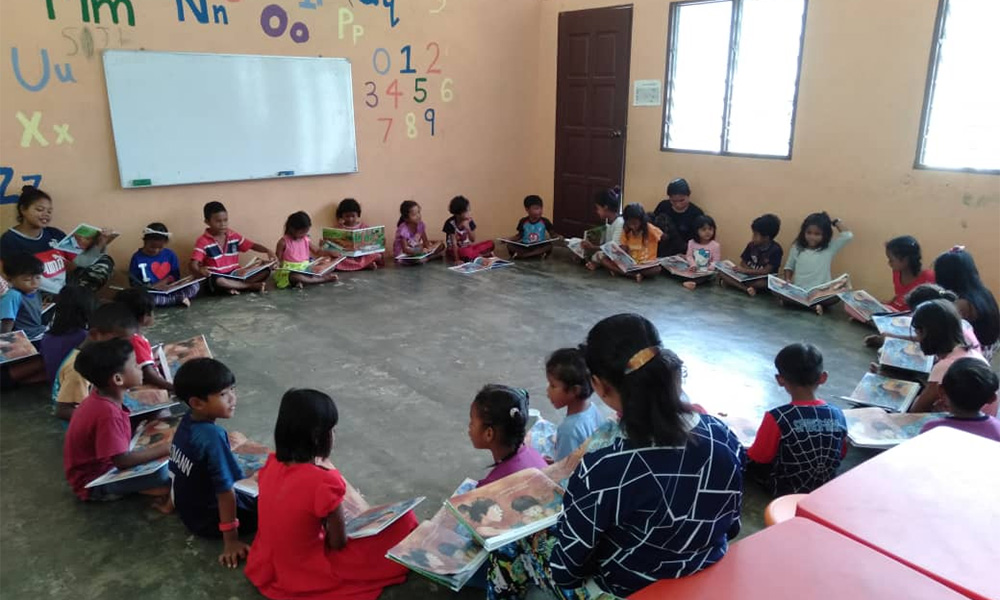
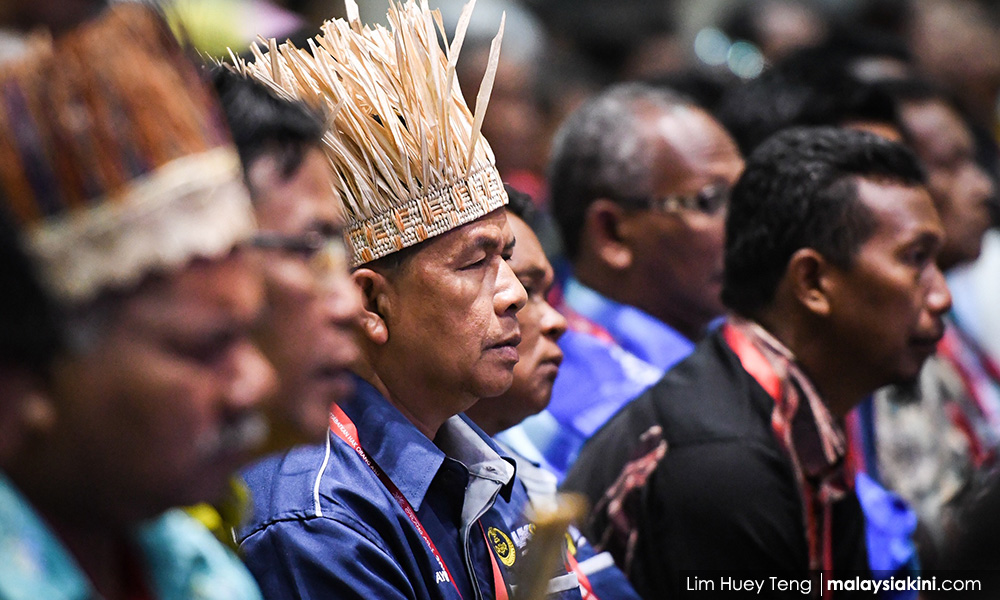
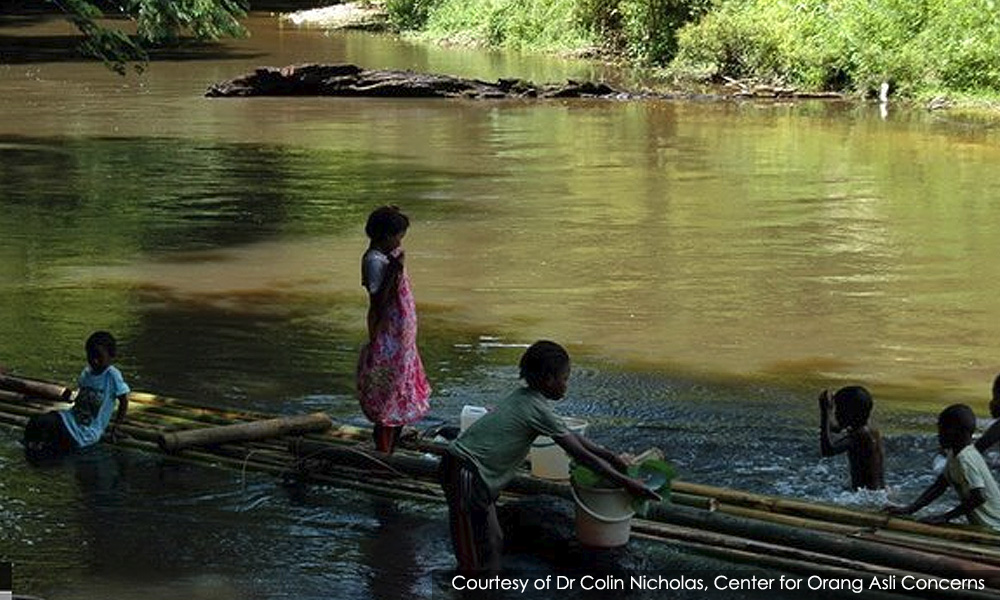
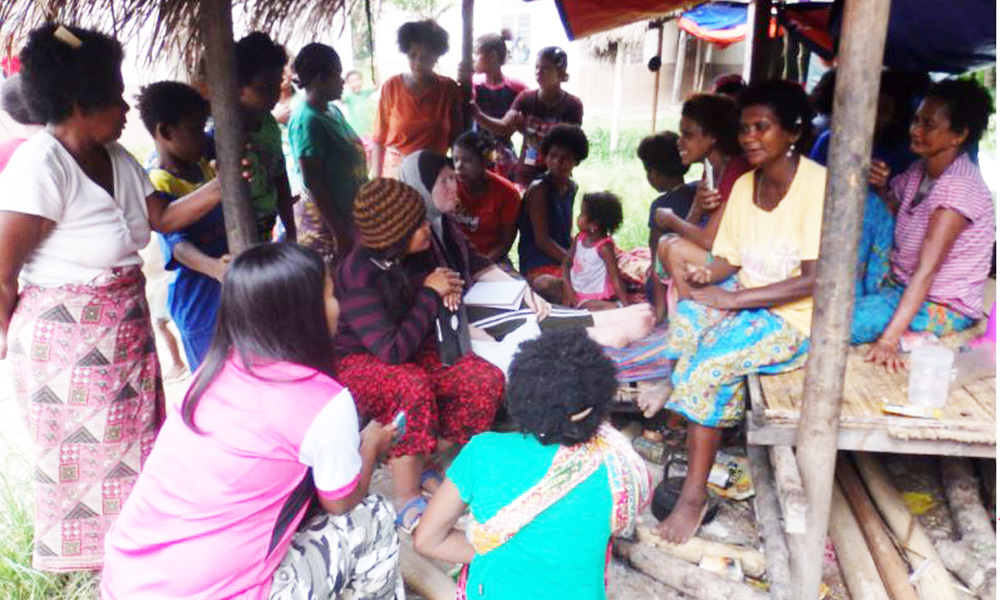
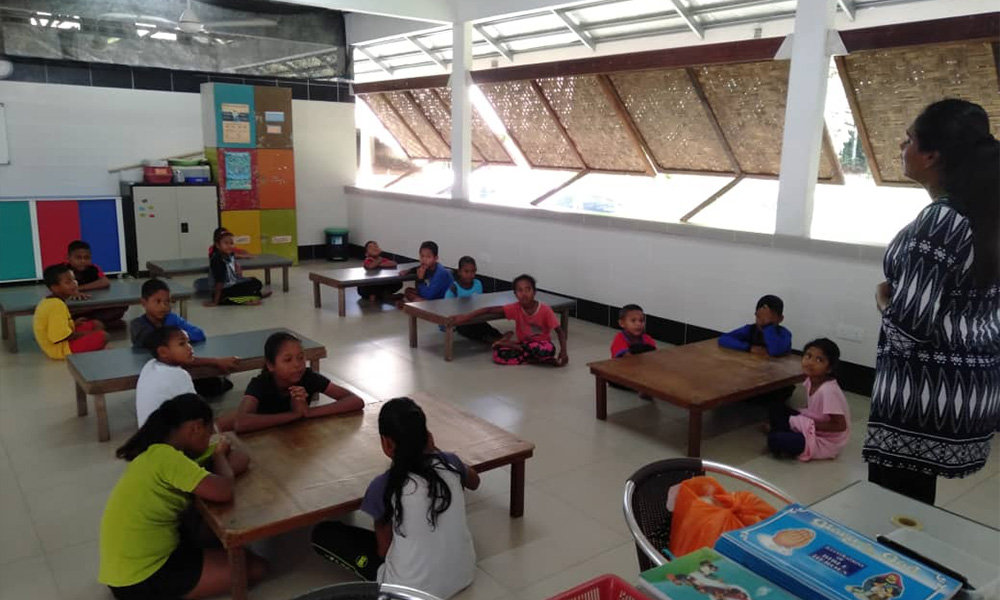
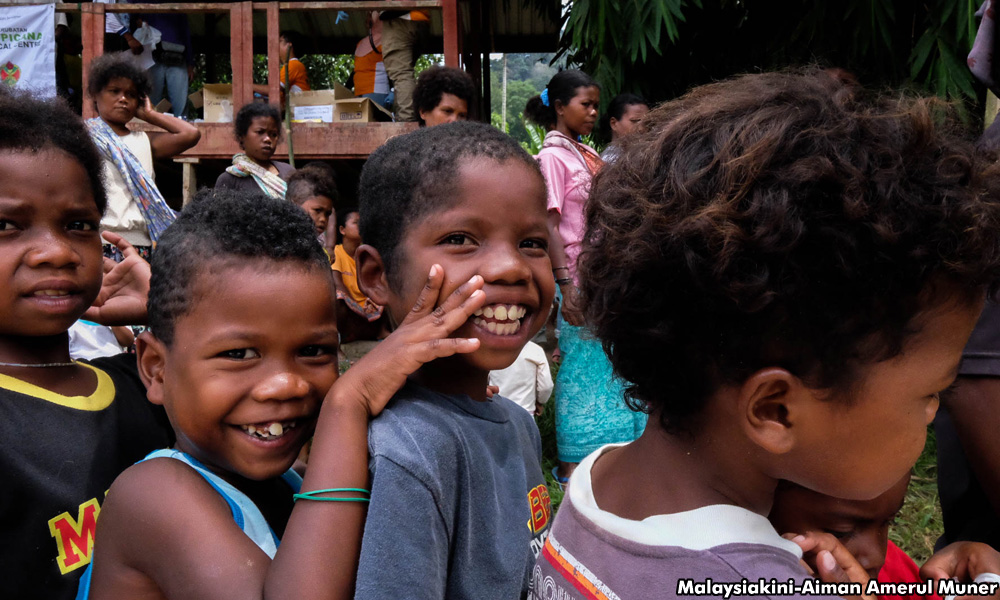
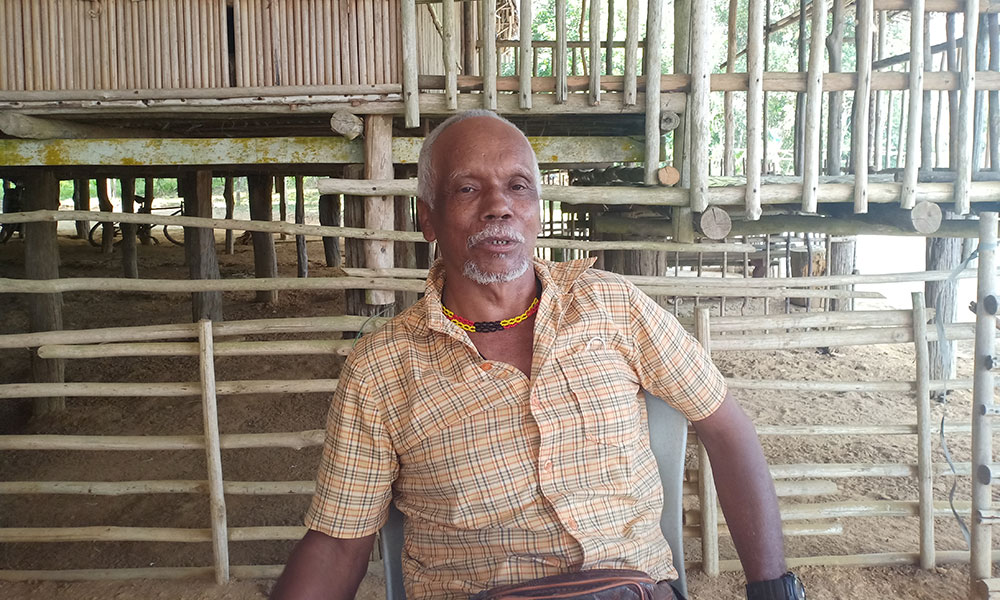
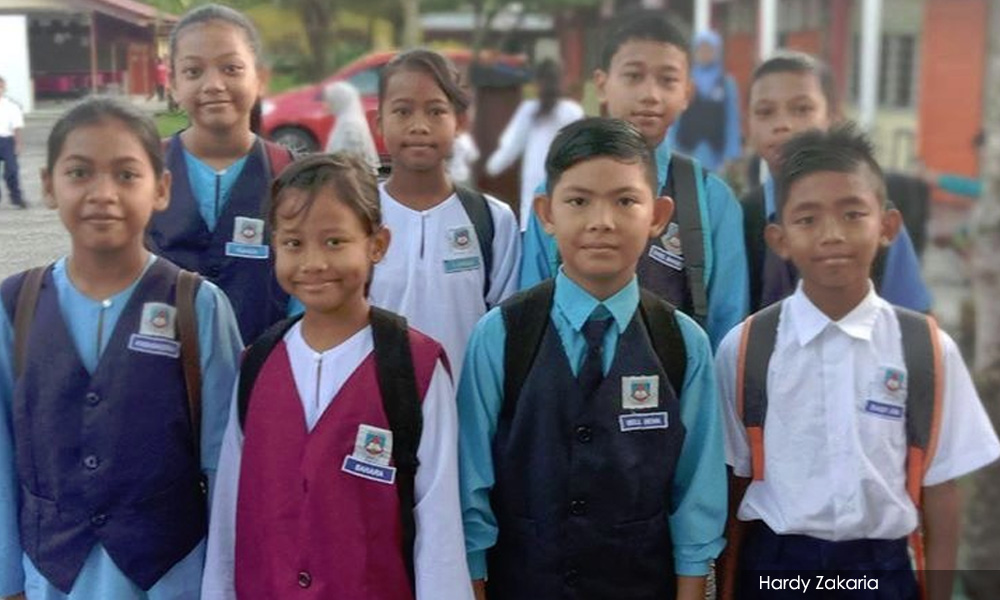
No comments:
Post a Comment
Note: Only a member of this blog may post a comment.